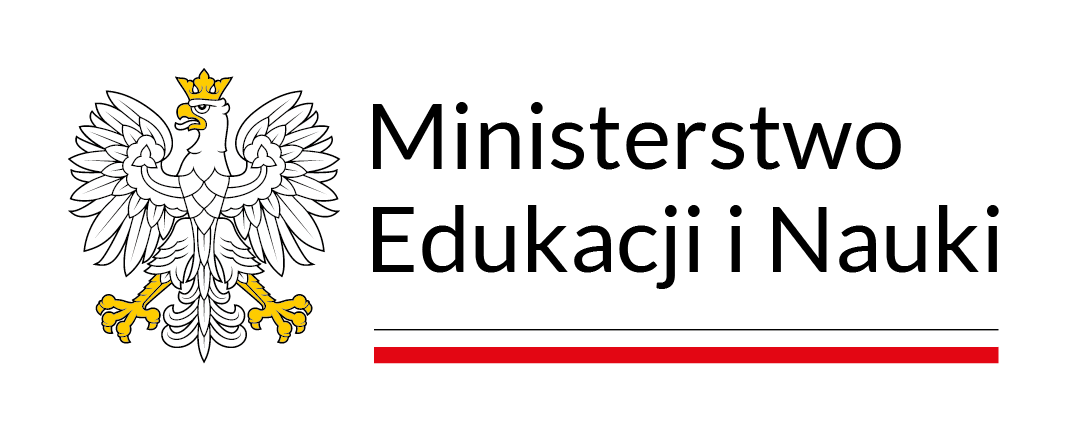Performatyczne kłusowanie po operowych marginesach
Marcin Bogucki
mbogucki@uw.edu.plUniwersytet Warszawski (Polska)
https://orcid.org/0000-0002-5349-1208
Abstrakt
Artykuł jest recenzją książki Sabiny Macioszek Opera, ciała, technologie: Strategie współdziałania w XXI wieku. Autor docenia oryginalne podejście badaczki będące próbą wykorzystania narzędzi performatycznych w studiach operologicznych, dyskutuje jednak z ogólnymi definicjami przyjętymi przez Macioszek, za sprawą których kwestia współdziałania ciał i technologii na scenie operowej zostaje odcięta od kontekstu społecznego i politycznego. W tekście została także podjęta polemika z wybiórczą interpretacją teorii Bojany Kunst, przede wszystkim zastosowaniem terminu „projekt”. Autor zwraca również uwagę na problematyczność usytuowania wobec siebie teorii i praktyki, które funkcjonują na zasadzie przyległości, co oznacza, że omawiane opery traktowane są jedynie jako egzemplifikacje omawianych pojęć teoretycznych, a nie pełnoprawne dzieła artystyczne.
Słowa kluczowe:
opera, technologia, performatyka, nowe media, ciałoBibliografia
Barthes, Roland. „Ziarno głosu”. Tłumaczenie Jakub Momro. Teksty Drugie, nr 5 (2015): 229–237.
Google Scholar
Barthes, Roland. S/Z. Tłumaczenie Michał Paweł Markowski i Maria Gołębiewska. Wstęp Michał Paweł Markowski. Warszawa: Wydawnictwo KR, 1999.
Google Scholar
Bogucki, Marcin. „Robot w fabryce uczuć”. Didaskalia, nr 130 (2015): 32–35.
Google Scholar
Boltanski, Luc, and Ève Chiapello. The New Spirit of Capitalism. London: Verso, 2007.
Google Scholar
Brooks, Peter. „Body and Voice in Melodrama and Opera”. In Siren Songs: Representations of Gender and Sexuality in Opera. Edited by Mary Ann Smart, 118–134. Princeton: Princeton University Press, 2000.
DOI: https://doi.org/10.1515/9781400866717-008
Google Scholar
Clément, Catherine. Opera, or the Undoing of Women. Translated by Betsy Wing. London: I.B. Tauris, 1997.
Google Scholar
Dolar, Mladen. „Polityka głosu”. Tłumaczenie Paulina Bożek i Grzegorz Nowak. Teksty Drugie, nr 5 (2015): 238–260.
Google Scholar
Koestenbaum, Wayne. The Queen’s Throat: Opera Homosexuality, and the Mystery of Desire. New York: Da Capo Press, 2001.
Google Scholar
Kozłowski, Michał, Jan Sowa i Kuba Szreder, red. Fabryka sztuki: Podział pracy oraz dystrybucja kapitałów społecznych w polu sztuk wizualnych we współczesnej Polsce: Raport z badań Wolnego Uniwersytetu Warszawy. Warszawa: Fundacja Bęc Zmiana, 2014.
Google Scholar
Kunst, Bojana. Artysta w pracy: O pokrewieństwach sztuki i kapitalizmu. Tłumaczenie Pola Sobaś-Mikołajczyk, Dominika Gajewska i Joanna Jopek. Warszawa: Instytut Teatralny im. Zbigniewa Raszewskiego, 2016.
Google Scholar
Macioszek, Sabina. Opera, ciała, technologie: Strategie współdziałania w XXI wieku. Toruń: Wydawnictwo Naukowe Uniwersytetu Mikołaja Kopernika, 2020.
Google Scholar
Mościcki, Paweł. „Od strażnika sensu do narzędzia rozkoszy: Myśl francuska o głosie”. Glissando, nr 9 (2006). http://glissando.pl/tekst/od-straznika-sensu-do-narzedzia-rozkoszy-mysl-francuska-o-glosie-2/.
Google Scholar
Steyerl, Hito. „Czy muzeum to fabryka?”. Tłumaczenie Julian Kutyła. Krytyka Polityczna, nr 35–36 (2013): 98–107.
Google Scholar
Szreder, Kuba. ABC projektariatu: O nędzy projektowego życia. Warszawa: Fundacja Bęc Zmiana, 2016.
Google Scholar
Tiainen, Milla. „Corporeal Voice, Sexual Differentiations: New Materialist Perspectives on Music, Singing and Subjectivity”. In Sonic Interventions. Edited by Sylvia Mieszkowski, Joy Smith and Marijke de Valck, 147–168. Amsterdam: Rodopi Press, 2006.
DOI: https://doi.org/10.1163/9789401205092_009
Google Scholar
Autorzy
Marcin Boguckimbogucki@uw.edu.pl
Uniwersytet Warszawski Polska
https://orcid.org/0000-0002-5349-1208
Absolwent kulturoznawstwa, historii sztuki i muzykologii, asystent w Zakładzie Teatru i Widowisk w Instytucie Kultury Polskiej Uniwersytetu Warszawskiego. Jego zainteresowania badawcze skupiają się wokół kulturowej historii opery oraz reżyserii operowej.
Statystyki
Abstract views: 543PDF downloads: 401
Licencja
Prawa autorskie (c) 2021 Marcin Bogucki

Utwór dostępny jest na licencji Creative Commons Uznanie autorstwa – Użycie niekomercyjne – Bez utworów zależnych 4.0 Międzynarodowe.
Autor/ka udziela niewyłącznej i nieodpłatnej licencji (CC BY 4.0) na wykorzystanie tekstu w "Pamiętniku Teatralnym", zachowuje nieograniczone prawa autorskie, ale zobowiązuje się do podawania miejsca pierwodruku przy ponownym wykorzystaniu artykułu (umowa licencyjna do pobrania). Zgłaszając artykuł do publikacji, autor/ka wyraża zgodę na jego udostępnianie na licencji CC BY 4.0.
Od zeszytu 1/2018 do zeszytu 3/2022 artykuły publikowane były na licencji CC BY-NC-ND 4.0. W tym okresie autorzy/ki udzielali niewyłącznej i nieodpłatnej licencji (CC BY-ND 4.0) na wykorzystanie tekstu w "Pamiętniku Teatralnym", zachowywali nieograniczone prawa autorskie, ale zobowiązywali się do podawania miejsca pierwodruku przy ponownym wykorzystaniu artykułu.









